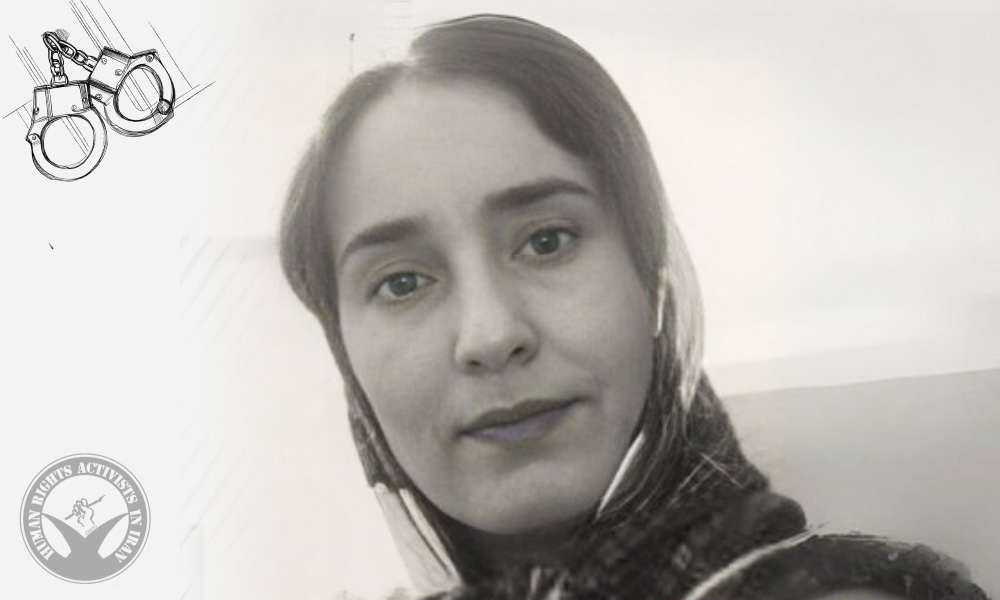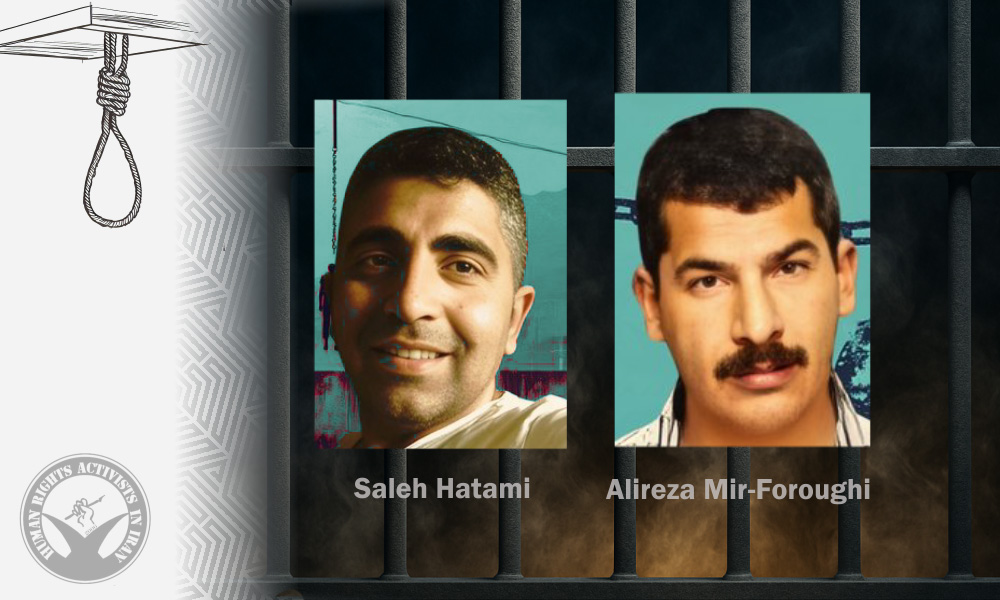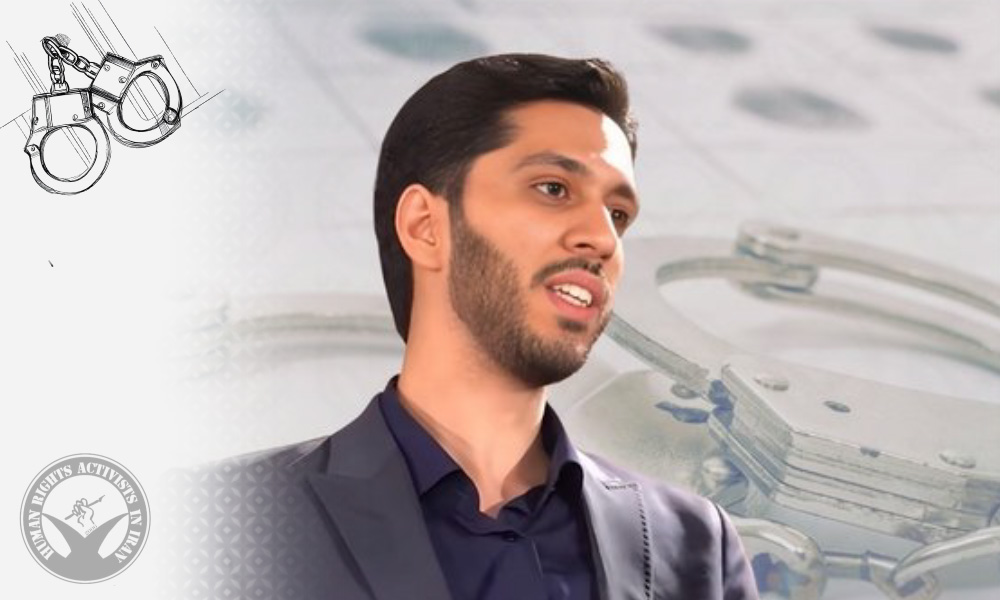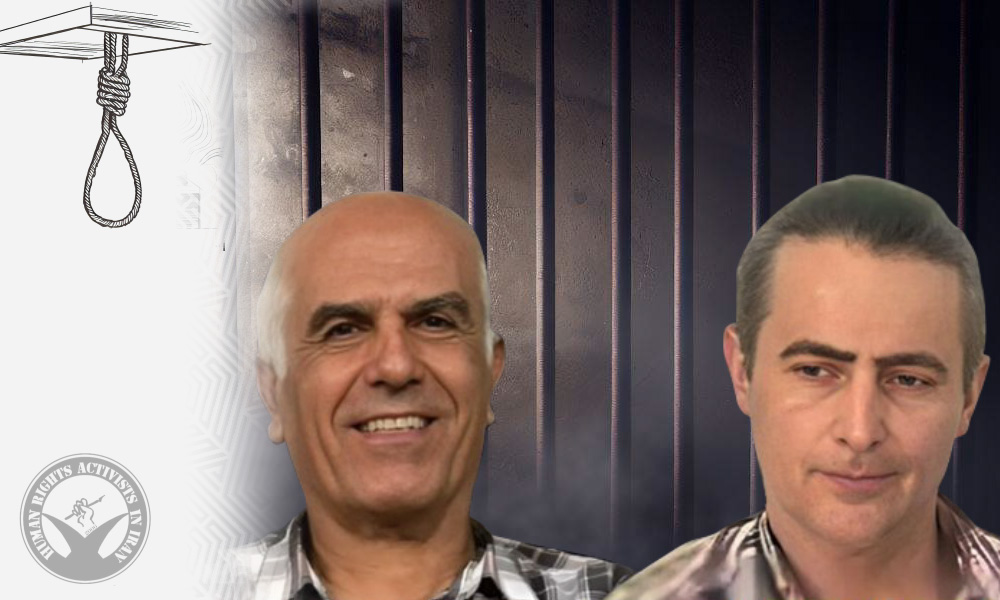HRANA – Iranian authorities have intensified security and economic pressure on the Baha’i community by issuing judicial rulings to confiscate the property of 22 Baha’i citizens in Isfahan. Officials delivered these orders—citing Article 49 of the Constitution—without following standard legal procedures or registering them in the judiciary’s electronic system (Sana).
One of the Baha’i citizens affected, speaking to HRANA on condition of anonymity due to security concerns, stated: “At this point, property has been frozen for most, if not all, of those targeted, and they have effectively been placed under a transaction ban. Any assets or property in their name can no longer be sold or transferred. However, final rulings on permanent confiscation have not yet been issued.”
According to this source, the process is unfolding in complete secrecy and involves blatant violations of the accused individuals’ rights—including denial of access to legal representation, removal of case files from the judiciary’s Sana system, and the creation of two parallel legal cases for each individual: one criminal case (typically heard in Branch 11 of the Criminal Court) and another in courts handling cases under Article 49, aimed at confiscating property.
Another informed source noted that although some of the individuals had previously been arrested and had their belongings seized during security raids, a separate and now formal property confiscation process has been initiated—one that could result in significantly greater harm to families both legally and financially.
He added: “This goes far beyond temporary detention or the seizure of personal items. Full asset freezes and transfer bans are being enforced in cases that are not even officially registered in the judiciary’s database, leaving lawyers unable to intervene.”
HRANA has previously documented similar patterns of persecution against Baha’is in other provinces, including Mazandaran and Khorasan Razavi. Article 49 of Iran’s Constitution authorizes the government to confiscate assets acquired through illegitimate means. However, in recent years, this article has increasingly been used as a structural tool to target religious and political minorities and confiscate their assets.
Due to fears that the confiscation process may accelerate, many Baha’i citizens have declined to have their names made public. Nevertheless, HRANA has verified the identities and details of those involved in these cases.
The Baha’i International Community has previously expressed grave concern over the increasing confiscation of Baha’i-owned property in Iran, a campaign reportedly orchestrated and directed by the “Executive Headquarters of Imam’s Order” (Setad).













